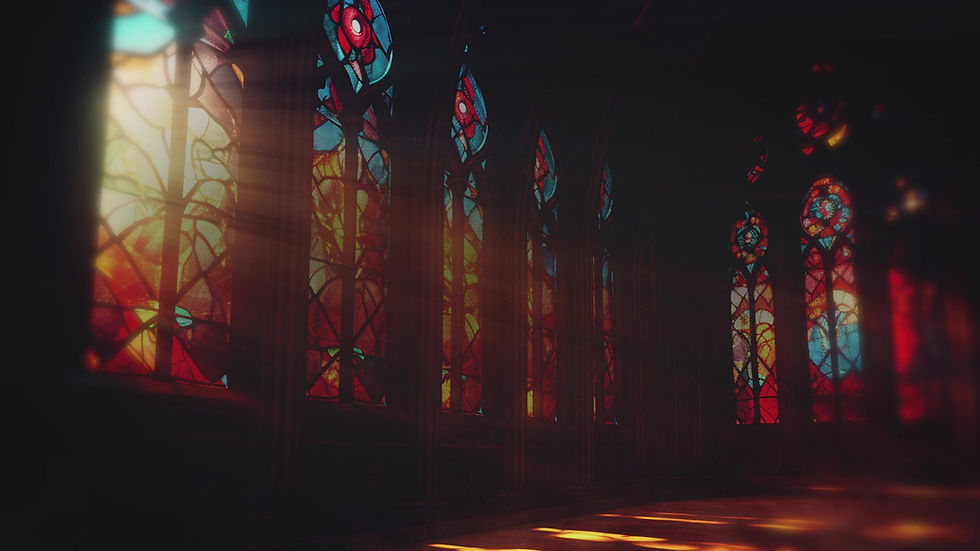
“Therefore, having put away falsehood, let each one of you speak the truth with his neighbor, for we are members one of another.” Ephesians 4:25
I grew up sitting in the pew every Sunday morning at Trinity United Methodist Church in Ralston, Nebraska, next to my young brother, between two parents who died five days apart after 69 years of married life. I loved God, Jesus, and the church. It took another decade to experience the power of this mysterious holy spirit, divine movement of God brooding over the face of the waters, through the faces of our shared humanity, and inexplicably at those liminal moments where suffering and joy meet, through me.
The sacred writings we call the Bible always represent for me God’s good news in a bad news world. Though clearly, we read them in the context in which they were written, listening for what must have been happening that the writers reflected thus. We puzzle through even the most challenging texts for what they teach about the nature of God or humankind. Uncovering and excavating God’s good news like a spiritual archeologist remains one of the greatest adventures of my lifetime.
I grew up a good girl, who colored within the lines, forked over 10% of my weekly 50-cent allowance for the Sunday School offering, and almost always told the truth. With the notable exception of that time when I was five and my brother was yet a toddler at three. My mother had left the two of us in the bubble bath: he played with the bubbles in front, while I splashed behind. Suddenly, my brother let out a blood-curdling scream. My mother rushed in, fearing the worst, as she looked to this older sister to tell her what had happened. Eager to oblige, I shouted, “Steven bit himself in the middle of his back.” It took but a half second for my mother to catch my first memorable lie as fresh teeth marks were creating a growing welt between the shoulder blades of my little brother.
Of the many teachings of Jesus and of my family of origin, telling the truth, even when doing so would bring personally unfavorable consequences, was considered a non-negotiable mark of faithfulness.
To tell the truth is to state a verifiable event that others would describe similarly. For example, Jesus' body was missing from his tomb the day after he was buried. What differs is not the truth. Prison guards and disciples saw the same thing. Rather, we’ve come to falsely believe that our personal opinions about the meaning we attach to events equals truth. Further, we believe those who attach different meanings to observable events are at best misinformed, at worst stupid, or evil.
When it came to my brother, there were teeth marks in the middle of his back. That was the truth. Our stories radically opposed one another. The interpretations of this event were not equal. I could not claim that my mother had her opinion, and I had mine, of equal value. Some interpretations of an event or experience reflect closely what must have happened to bring us to what we now observe. Other interpretations count as lies when they come forth to place us in a better light, to distance ourselves from those we perceive to be unlike us, or whose opinions we may openly disdain.
Everyone has a right to their opinion, their slant on reality, as long as we don’t insist that our interpretations and cherished opinions count as truth.
Paul invited the members of one of the early churches to speak the truth to their neighbor, putting away falsehood, for the sake of love and the health of their community. Or as Mark Twain said most practically, “If you tell the truth, you don't have to remember anything.”
God’s grace, mercy, and peace be with you,
Rev. Dr. Anna V. Copeland
Senior Minister, The Community Church of Vero Beach, Florida

Comentários